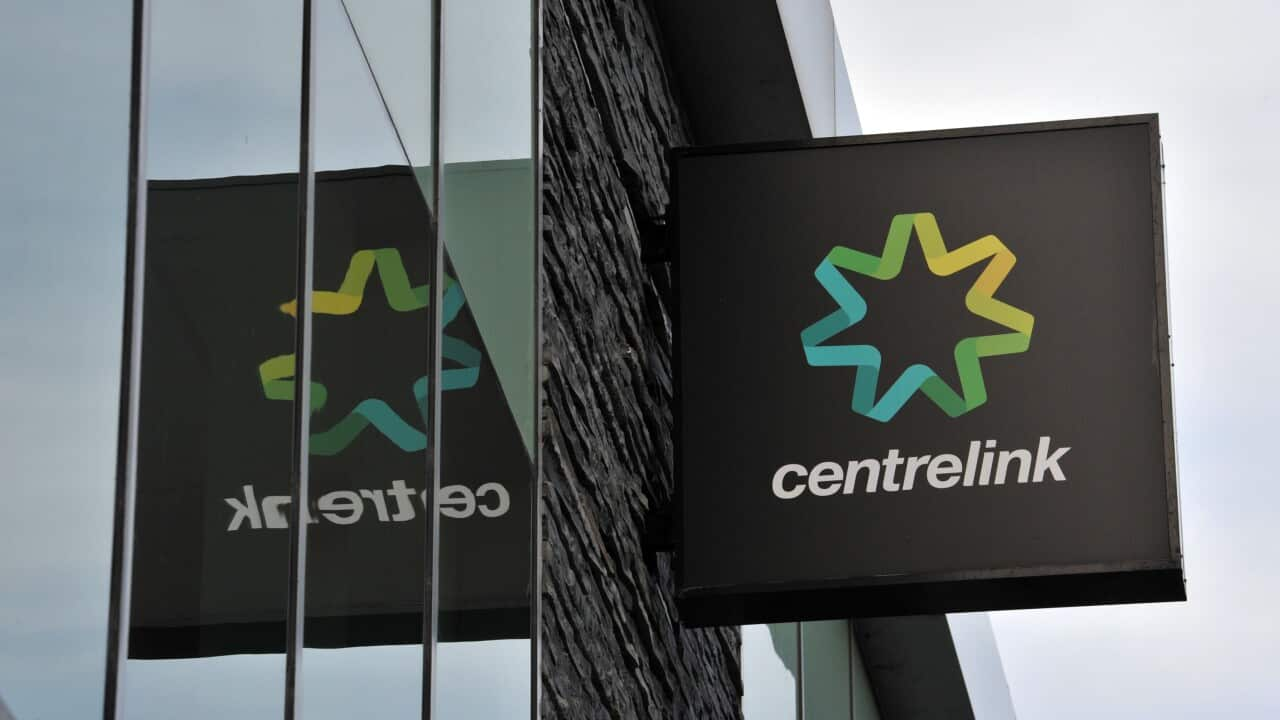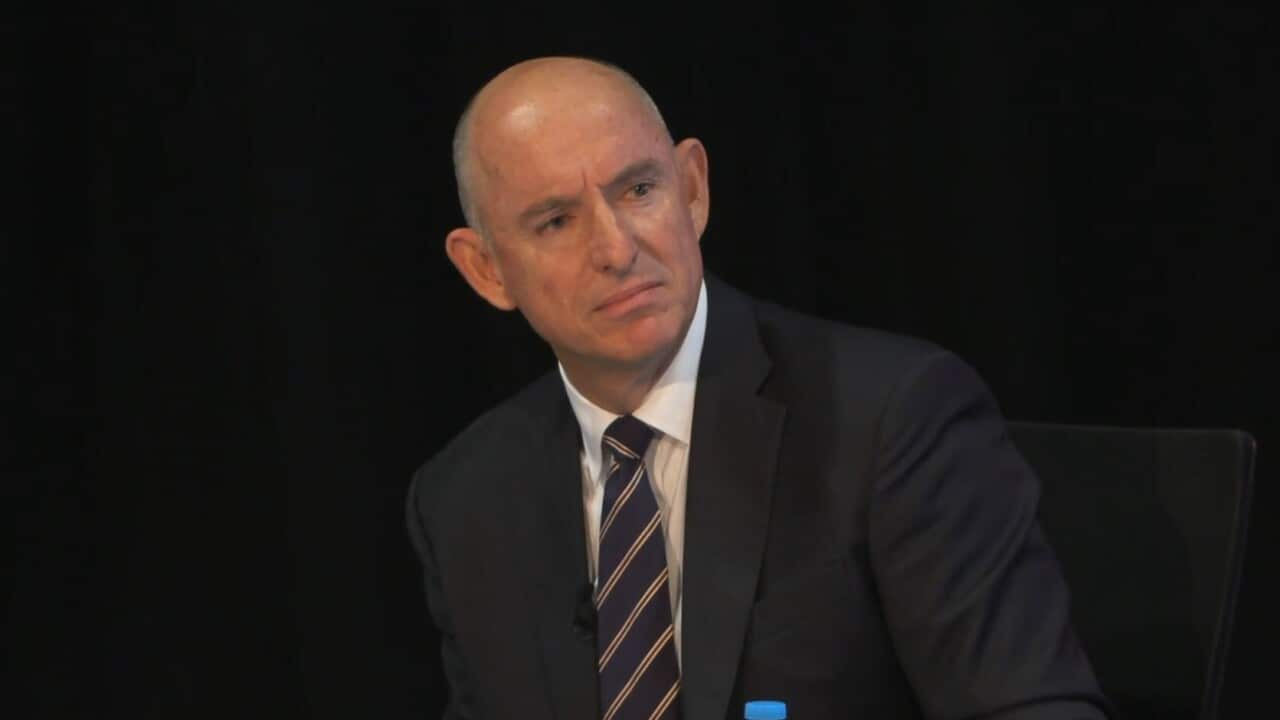KEY POINTS:
- The robodebt royal commission was handed down today.
- It will recommend criminal charges against some individuals involved in the scheme.
- Some $721 million was wrongfully taken from around 381,000 people under the scheme, which ran from 2015 to 2020.
The robdebt royal commission has blasted the scheme as "crude and cruel" as it recommended criminal and civil charges against individuals involved.
In a blistering report released on Friday, the royal commission said the scheme "traumatised (people) on the off-chance they might owe money" and said it should have been scrapped or drastically changed when its "probable illegality" became clear in 2017.
It does not name the individuals it has recommended to face charges, in an apparent attempt to avoid prejudicing future criminal trials.
The scheme, implemented by the former Coalition government, demanded victims pay debts they did not owe, after wrongly identifying them through an automated system.
Royal Commissioner Catherine Holmes handed a 990-page report, which includes 57 recommendations, to Governor-General David Hurley on Friday morning.
"Robodebt was a crude and cruel mechanism, neither fair nor legal, and it made many people feel like criminals," the report said.
"In essence, people were traumatised on the off-chance they might owe money. It was a costly failure of public administration, in both human and economic terms."

Royal Commissioner Catherine Holmes delivers her report to the Governor General David Hurley at Government House in Canberra. Source: AAP / Mick Tsikas
"It should then have been abandoned or revised drastically, and an enormous amount of hardship and misery, as well as the expense the government was so anxious to minimise, would have been averted," it said.
"Instead the path taken was to double down, to go on the attack in the media against those who complained and to maintain the falsehood that in fact the system had not changed at all."
In a letter to Governor-General David Hurley at the beginning of the report, Holmes said: "There is also an additional sealed chapter that is not part of the bound report. It recommends referrals of individuals for civil and criminal prosecution."
What happened at the robodebt royal commission?
Some $721 million was wrongfully taken from around 381,000 people under the scheme, which started in 2015 and was scrapped in 2020.
The commission heard numerous accounts from victims who complained Centrelink was difficult to engage with after they received a debt notice,
The report calls for a number of measures to ensure vulnerable people receiving debt notices are protected, including better “face-to-face” customer service and social worker support.
And after victims’ ability to effectively defend themselves legally was also thrown into question, it calls for extra funding for pro-bono legal services like legal aid.
“The public interest role played by those services [was] exemplified in their work during the scheme,” it said.
It recommended Services Australia should also install “processes for genuine and receptive consultation” with its staff, and consult with them more fully when new programs are being designed and implemented.
Government Services Minister Bill Shorten called it "Australia's greatest failure of public administration in social security".
Labor promised to call the royal commission before the 2022 election and followed through soon after winning.
The royal commission's purpose was to investigate how the scheme went ahead despite government departments knowing the debt calculation method was unlawful, with concerns raised from the start.
The inquiry heard from former prime ministers Scott Morrison and Malcolm Turnbull and ex-ministers Alan Tudge, Christian Porter and Stuart Robert.
Morrison was warned the robodebt scheme would be illegal without major legal changes but his department pushed ahead with the program regardless, knowing it wouldn't hold up in court, the inquiry heard.
Robert said he had to continue defending robodebt publicly despite personally believing the way debts were averaged was incorrect.
Victims of the scheme spoke of their ongoing anxiety following their experience, the aggressiveness with which the debts were pursued by government departments and argued that the onus was on them to retrieve the money they were owed.
A pensioner described her "sheer terror" after being told she had less than a month to pay the Commonwealth $65,000, only to discover the warning was incorrect.
Another victim said he was left with thoughts of self-harm after he was wrongly ordered to pay money he had "not a chance" of repaying.
The inquiry hit a number of hurdles during its hearings, with commissioner Catherine Holmes at one point criticising the "ramshackle" approach from Services Australia staff to providing documents.
Holmes' previous comments
The commission was led by Holmes, a former Queensland chief justice who oversaw the 2011-12 Queensland floods inquiry.
"Everyone says it was really someone else's doing and it's a bit hard to get to the bottom of whose doing it was," Holmes told a hearing in February.
The commissioner suggested public servants may have colluded to launch robodebt when they knew it was unlawful, though she also speculated workers at one of the two departments involved may have been dishonest with the other.
Felicity de Somerville says it would be an act of "self-sabotage" if the government ignores the robodebt royal commission report.
The 35-year-old mother had $11,500 taken from her bank account by a debt collection agency in 2017, while on a payment plan for a robodebt raised against her, but had no correspondence from Services Australia.
"The government should be implementing all the recommendations ... (it) has to be quite naive and self-sabotaging if it doesn't," she told AAP.
De Somerville said reforming Centrelink and the department would signal the government won't allow such an "egregious mistake" again.
"I don't want an empty apology from people doing it to save their reputations publicly," she said.
What's happened before?
There have been numerous investigations and inquiries into the scheme since its introduction, with the Commonwealth Ombudsman finding multiple issues with the scheme in 2017.
In 2020, the government agreed to settle a class action brought on by 400,000 victims - paying out a further $112 million in compensation on top of the existing repayments.
The Federal Court had found the scheme was unlawful and there was no way for Centrelink to have been satisfied the debts were actually correct.
In June 2021, a settlement of $1.8 billion was approved by Justice Brendan Murphy. He described the program as a “shameful chapter” in Australia’s social security scheme.
In October last year, almost 200,000 people who spent years fighting to clear welfare debts they didn't owe had their active Centrelink investigations wiped.
About 124,000 people were told they were under review for social security payments they had received, while another 73,000 were never informed they were under investigation for potential debts.
With additional reporting by AAP.






